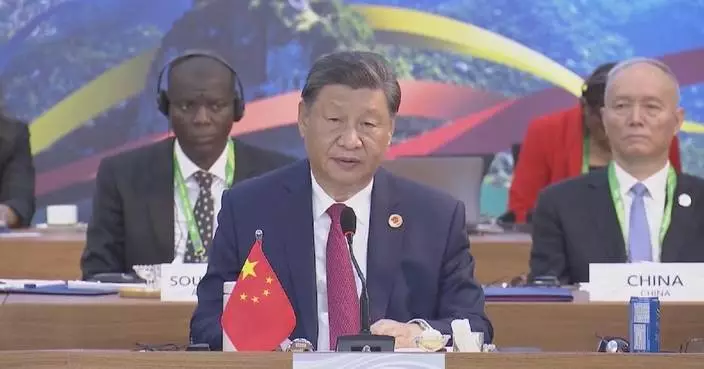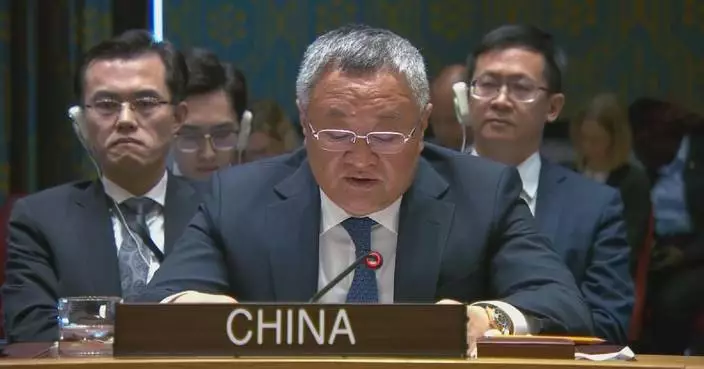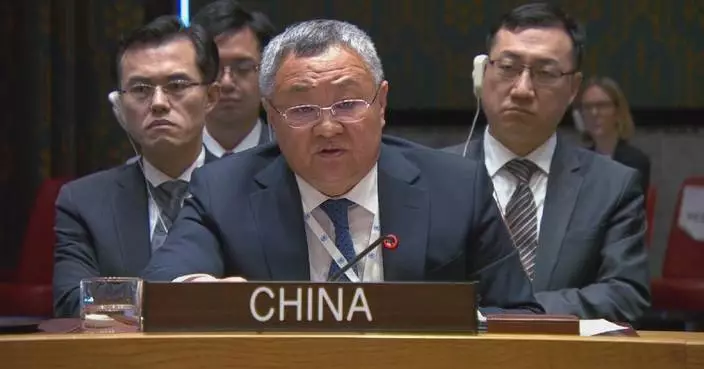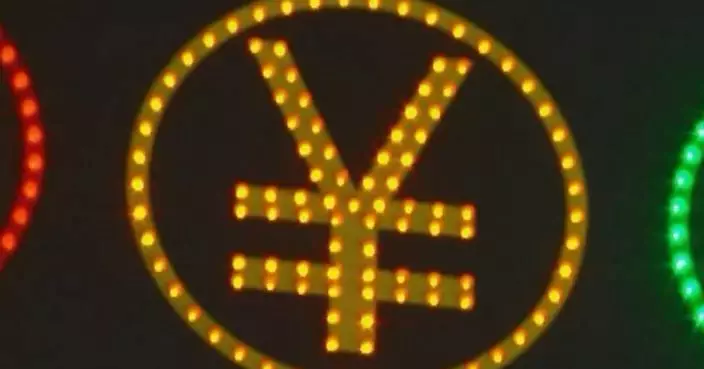Beijing and Shanghai on Monday announced their plan to eliminate the distinction between ordinary and non-ordinary housing starting December 1, and expand tax incentives for property transactions in an effort to bolster the property market. Houses over 140 square meters are usually classified as non-ordinary housing and face higher transaction tax rates.
In accordance with the new policy, the two cities will exempt individuals from a five-percent value-added taxes (VAT) on the sale of non-ordinary properties that have been owned for two years or more.
Industry insiders view the move as a significant benefit for property sellers.
"In the past, the VAT was as high as 5 percent. Now, if a property has been held for over two years, its owner will be exempt from this tax. Take Shanghai for example. Many families own homes worth around 10 million yuan (1.38 million U.S. dollars). Compared with the original purchase price, these homes may have appreciated by about 5 million yuan. Under the previous policy for non-ordinary housing, this 5-million-yuan appreciation would have been taxed at 5 percent, resulting in a tax of 250,000 yuan. However, under the current policy, as long as the property has been held for over two years, this VAT, or 250,000 yuan, is no longer applicable. This policy genuinely reduces the tax burden for property owners selling pre-owned homes," said Yan Yuejin, deputy director of Shanghai E-House Research and Development Institute.
The two cities will also adopt a unified nationwide policy on personal housing deed tax.
For homes measuring 140 square meters or less, the deed tax is reduced to the minimum rate of one percent, while a reduced rate of 1.5 percent applies for properties larger than 140 square meters.
For those purchasing a second home for their family, a reduced deed tax rate of one percent will be levied for properties of 140 square meters or smaller, while a reduced rate of two percent will apply for properties larger than 140 square meters.
Experts said that the adjustment will support the release of both basic and upgrading housing demand.
"We are currently at a critical stage in the real estate market. Both the market's transaction activity and price stability depend on the orderly release of demand. The removal of the distinction between ordinary and non-ordinary residential properties will consistently unlock people's demand for buying their first home or improving their housing situation," said Yan Rong, director of Shanghai Real-estate Science Research Institute.
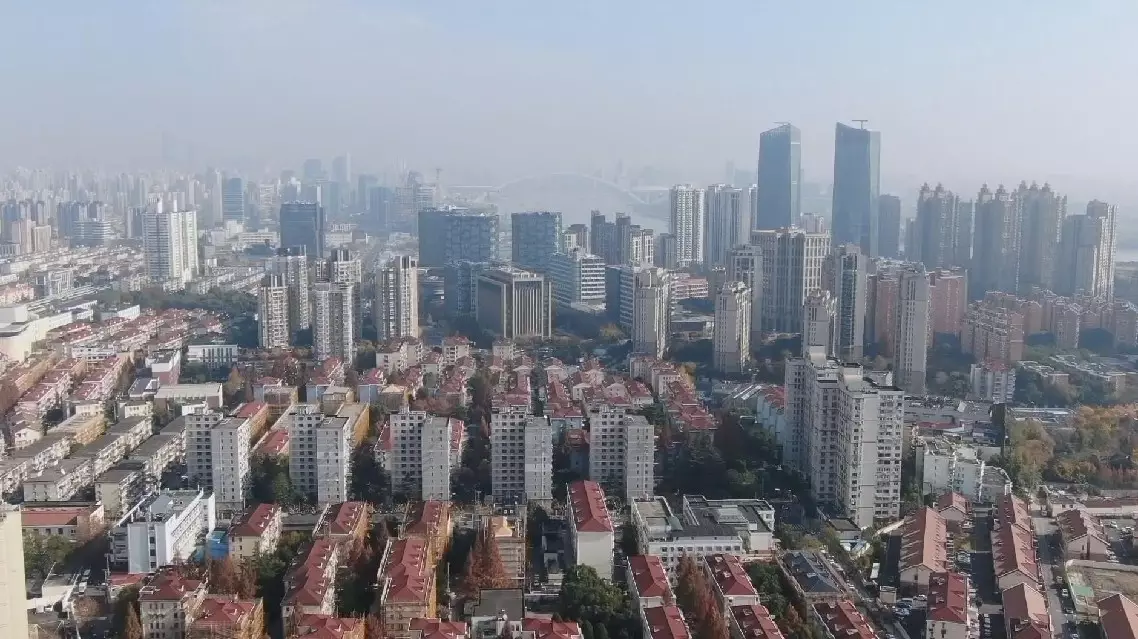
Beijing, Shanghai to scrap residential housing distinction



